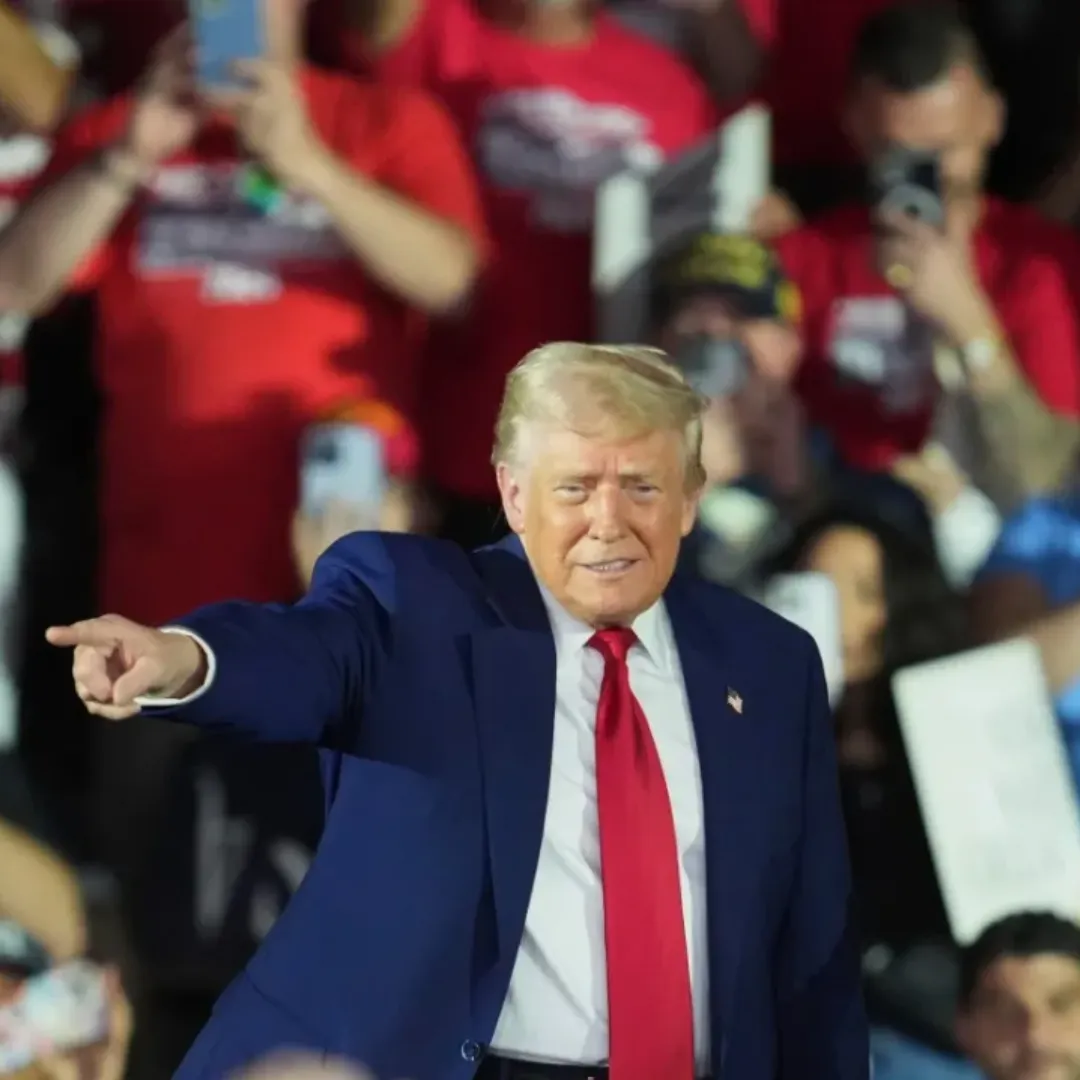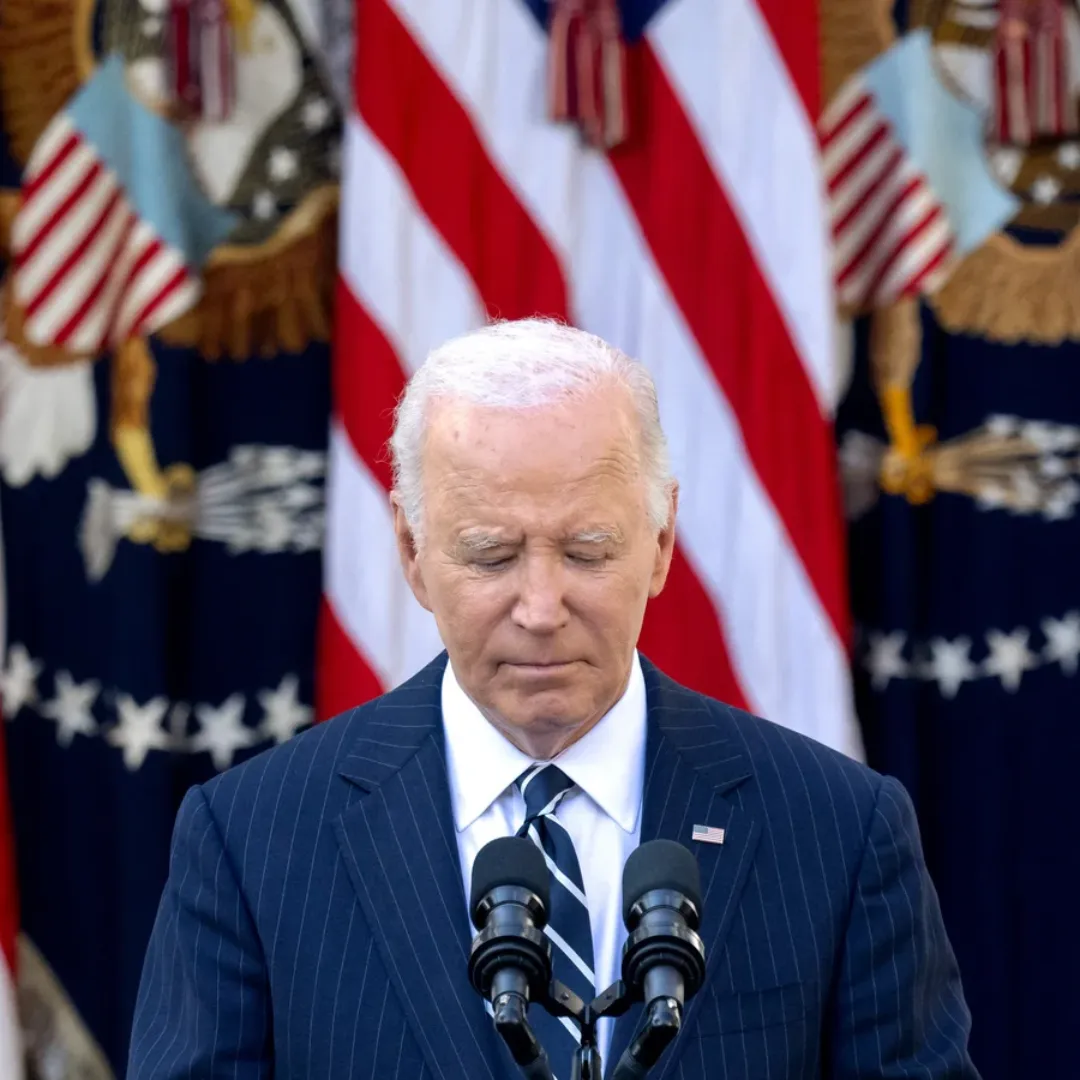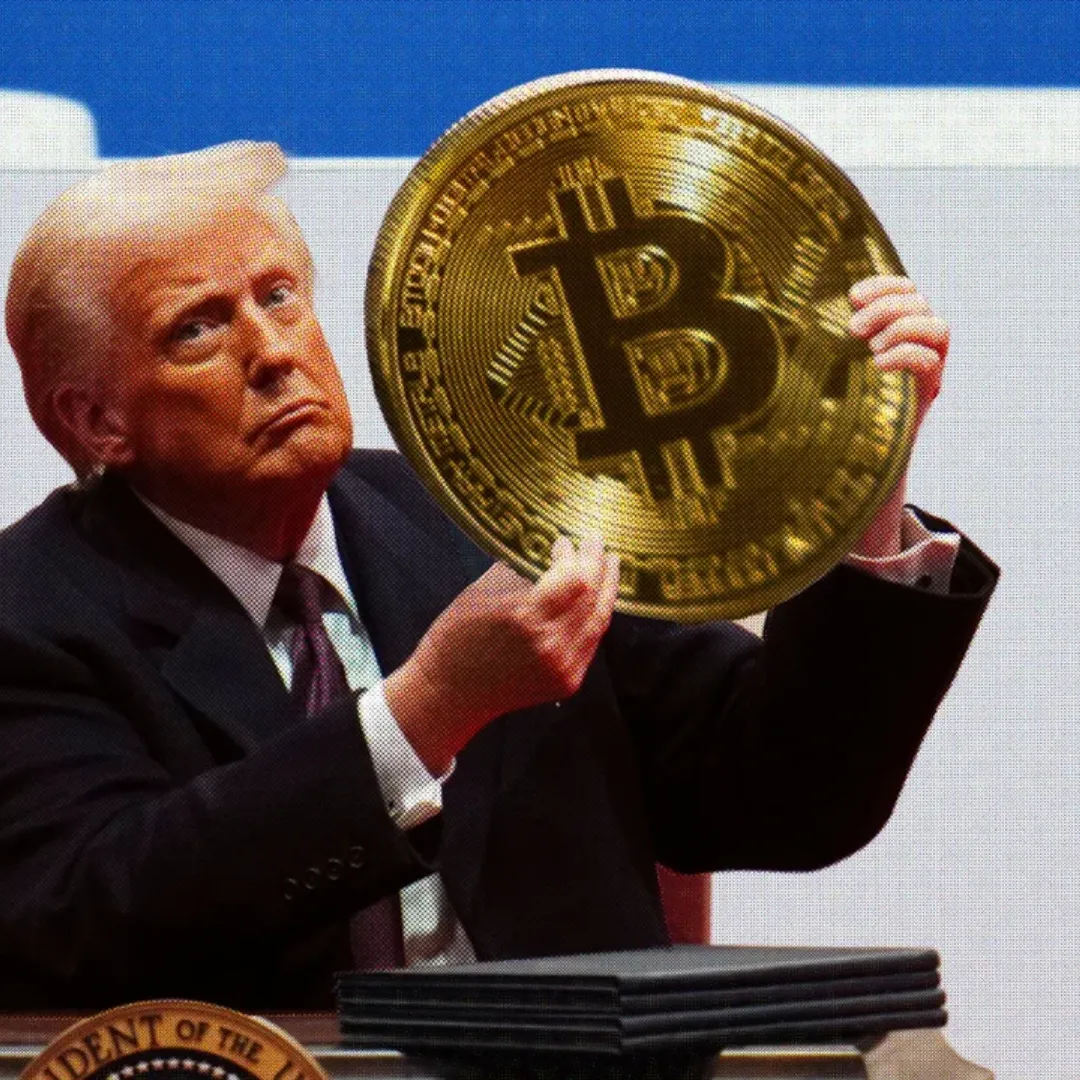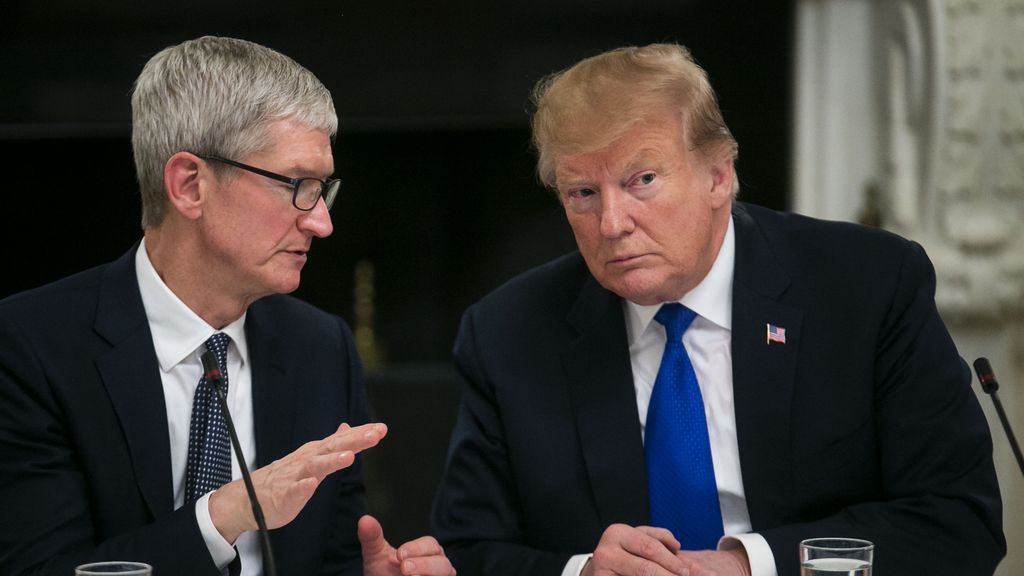
Former U.S. President Donald Trump openly expressed his frustration with Apple CEO Tim Cook during his May 15 visit to Qatar, criticizing the tech giant’s plans to expand iPhone manufacturing facilities in India despite Apple’s public commitment to invest $500 billion in the United States.
Trump revealed that he personally confronted Cook about the company’s overseas production, warning that he did not want to see Apple building factories outside of America, especially in India, where the company has increasingly sought to diversify its supply chain.
“Yesterday, I had a little problem with Tim Cook,” Trump told reporters, as reported by CNBC. “I told him: ‘My friend, I treated you very well. You came here with $500 billion, but now I hear you’re building all over India. I don’t want Apple producing there.’”
Trump’s remarks underscore ongoing tensions between the desire to boost domestic manufacturing and the realities of global supply chains in the highly competitive tech industry.
Following their conversation, Trump said Apple pledged to increase its production efforts within the United States, although Apple has yet to issue an official response to the president’s comments.
The $500 billion investment that Trump referenced was announced by Apple earlier in the year, outlining an ambitious plan to ramp up American manufacturing and research.
Apple’s investment package includes building a new manufacturing facility in Houston, Texas, which will specialize in producing servers for Apple’s Private Cloud Compute platform in collaboration with Foxconn.
This marks a significant shift, as these servers were previously manufactured outside the U.S. Additionally, the company plans to establish a manufacturing academy in Michigan to train skilled workers and expand research and development operations across multiple states.
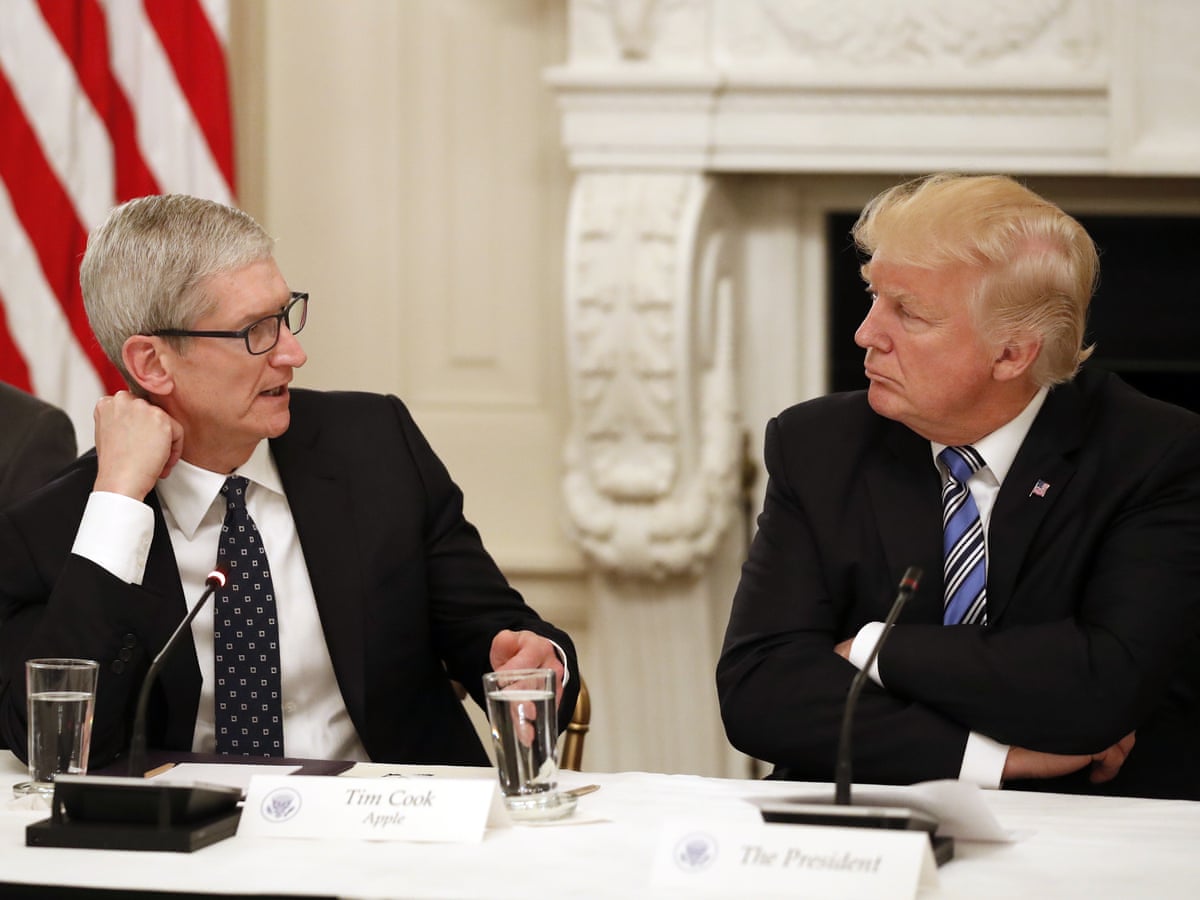
To further bolster its infrastructure, Apple intends to increase the capacity of its data centers in North Carolina, Iowa, Oregon, Arizona, and Nevada to support advancements in Apple Intelligence, the company’s artificial intelligence and cloud computing initiatives.
The tech giant aims to create approximately 20,000 new jobs related to research, software development, and AI over the coming years.
For decades, Apple has relied heavily on its extensive supply chain based in China, which allowed for economies of scale and cost efficiencies.
However, in recent years, geopolitical tensions, tariffs, and supply chain disruptions have prompted Apple to seek alternative manufacturing hubs, with India emerging as a key location for expanding its production footprint.
The move to India also aligns with the company’s broader diversification strategy, reducing dependence on a single country.
Despite these strategic moves, experts warn that shifting iPhone production to the United States on a large scale faces significant economic hurdles.
The higher labor costs, stricter regulations, and complex supply chain requirements in the U.S. would inevitably drive up manufacturing expenses, which would likely be passed on to consumers.
Dan Ives, a technology research director at Wedbush Securities, told CNN that attempting to build domestic supply chains in states like West Virginia or New Jersey could result in a dramatic price increase for iPhones.

“If you build out manufacturing in the U.S., you could see iPhones costing upwards of $3,500 each,” Ives warned, highlighting the financial challenge of reshoring production.
A report by Rosenblatt Securities, a New York-based investment bank, estimated that if Apple fully passed on new tax costs associated with domestic manufacturing to consumers, iPhone prices could spike by as much as 43%.
Similarly, Neil Shah, vice president at market research firm Counterpoint Research, projected potential price increases of roughly 30%, raising concerns about consumer affordability and market competitiveness.
Apple’s decision to expand in India reflects the complexities of global supply chains in today’s technology industry, balancing cost considerations, geopolitical risk, and manufacturing capacity.
India has become an increasingly attractive destination due to lower labor costs, a large skilled workforce, and government incentives aimed at attracting foreign investment.
However, President Trump’s insistence that Apple prioritize American manufacturing points to a broader political and economic debate about reshoring production and securing domestic supply chains.
Since launching his “America First” agenda, Trump has repeatedly pushed for U.S. companies to build products on home soil to boost job creation and reduce reliance on foreign manufacturing.
Apple’s plans reveal the challenge of reconciling those political goals with the realities of a globalized economy. The company’s $500 billion U.S. investment promises significant job growth and innovation on American soil, but the simultaneous expansion in India suggests that global diversification remains a necessity.

Trump’s recent criticism of Cook came amid his ongoing efforts to emphasize the need for more domestic manufacturing. His administration has frequently highlighted the risks of overdependence on China and has promoted policies designed to incentivize companies to bring production back to the U.S.
At the same time, Trump’s call for Apple to halt its India expansion raises questions about the feasibility of completely reorienting the company’s manufacturing strategy.
Apple’s supply chain is one of the most complex and efficient in the world, and unraveling decades of established production networks will not happen overnight — or without significant cost.
Moreover, analysts note that any dramatic increase in iPhone prices caused by reshoring production could have ripple effects throughout Apple’s ecosystem and the broader smartphone market.
Higher device costs could dampen demand, erode market share, and impact the company’s revenue growth, particularly in competitive markets where price sensitivity is high.
Industry experts caution that while boosting American manufacturing is a worthy goal, the transition must be managed carefully to avoid unintended consequences.
“Reshoring production will require a substantial investment in infrastructure, supply chain redesign, and workforce training,” one analyst explained. “It’s a multi-year process with trade-offs that companies like Apple must weigh carefully.”
For now, the political spotlight remains on Apple and its CEO Tim Cook. Trump’s public admonishment signals ongoing pressure on corporate America to align more closely with domestic manufacturing priorities, even as companies pursue global strategies to maintain competitiveness.

As this debate unfolds, questions linger about how Apple will balance its ambitious U.S. investment plans with continued expansion in international markets like India.
The answers will shape not only the future of Apple’s supply chain but also the broader conversation about America’s place in the global technology landscape.
For consumers, the potential impact on iPhone prices is perhaps the most immediate concern. If reshoring efforts push costs higher, Apple may have to make difficult decisions about product pricing, feature sets, or profit margins — choices that will reverberate across the entire industry.
Ultimately, the clash between Trump’s demand for American-made products and Apple’s global manufacturing reality illustrates the complex intersection of politics, economics, and technology in today’s interconnected world. How the company navigates these pressures will be closely watched by investors, policymakers, and customers alike.
